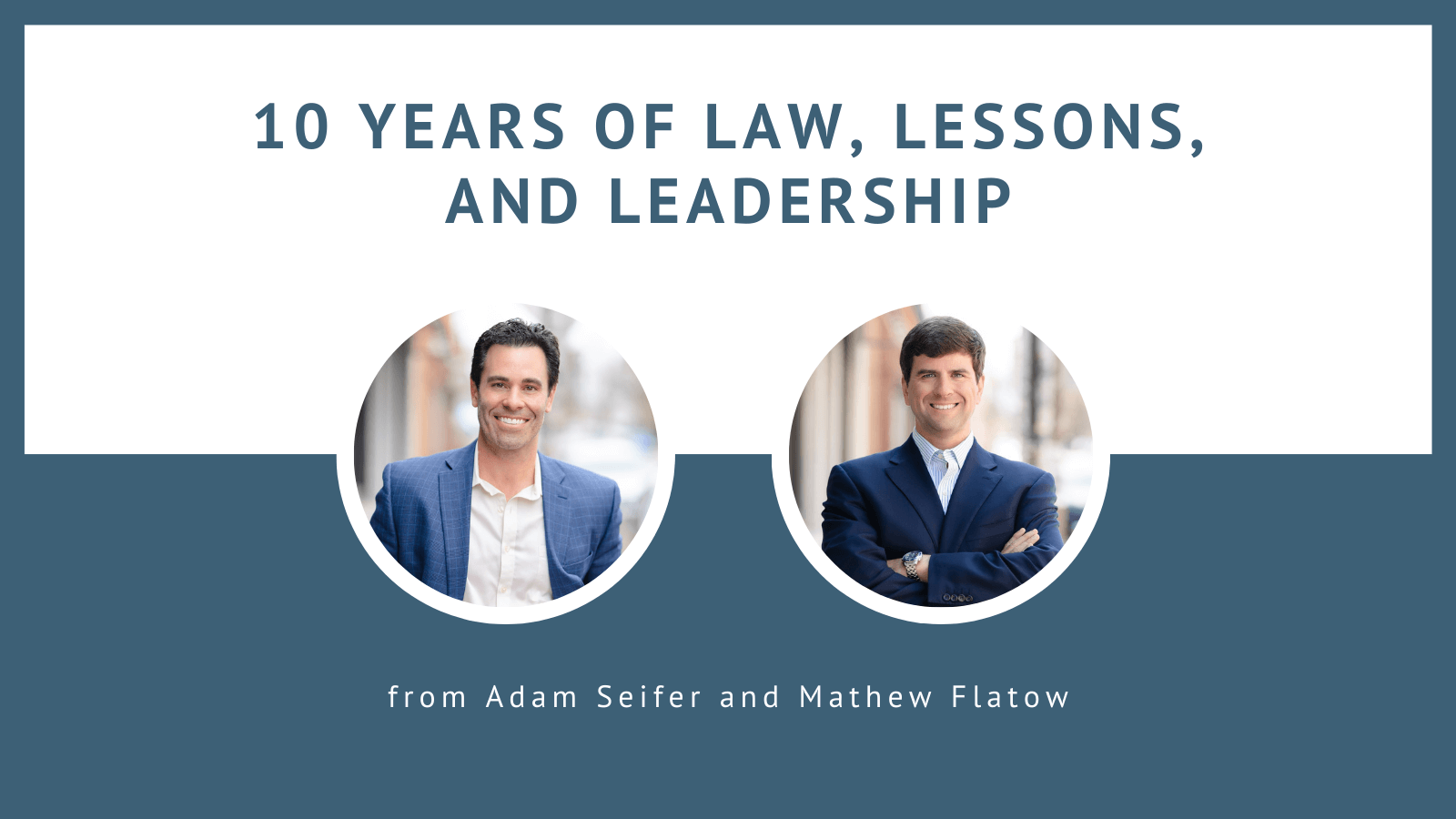
Understanding Simple Possession of Marijuana in South Carolina
March 8, 2021
10 Years of Law, Lessons, and Leadership
April 21, 2021Your civil lawsuit went to litigation or mediation, and, with the help of an experienced attorney, you won your case and were awarded a judgment by the court. Now what?

Despite what you may think, winning your court case is only half the battle. Collecting on a judgment – known as judgment execution – is another legal proceeding entirely, and it is your job, not the court’s, to ensure that you can collect what you are owed.
Just because you now have the right to collect a payment, doesn’t mean the other party will voluntarily pay the judgment upon entry. So, how do you collect on a judgment? Understanding the process you must follow when collecting on a judgment is very important. If you miss a deadline or skip a required step, you may lose some of your rights as a creditor.
Collecting Your Judgment: The Execution Process
Once you obtain a judgment from a person or business in a civil lawsuit, you become the creditor; the opposing party – who you are collecting from – becomes the debtor.
Since it is the creditor’s job – not the court’s – to collect the judgment, if the debtor does not satisfy the judgment, a judge cannot punish the debtor.
Before execution starts, the following questions must be answered:
- Is the debtor an individual or a business entity?
- If the debtor is an individual, do they reside in North Carolina?
- Are there multiple parties obligated to pay you?
Your right to collect as well as the procedures you must follow may differ based on the answers to these questions. The process of collecting on a judgment may take up to 90 days.
If the debtor is an individual and a resident of North Carolina
The debtor is entitled to receive notice and opportunity to claim certain exemptions that allow the debtor to place certain types of property beyond your reach. If no claims are made within 20 days of the notice, the exemptions are waived.
If the debtor is a business entity or an individual who is not a North Carolina resident
If the debtor is not a resident of North Carolina or is a business entity, they are not entitled to claim exemptions on property.
Writ of Execution
After exemptions have been finalized, waived, or determined inapplicable, you must request a Writ of Execution from the Clerk of Court for the county in which the debtor’s property is located. This document is valid and enforceable 90 days from the date it is issued. The debtor’s property can be seized and sold at auction in order to pay the net proceeds to you.
The county sheriff’s office performs the seizure of property and sale at auction. If no property is found, you can still collect on your judgment through supplemental proceedings. These include:
- Issuing written interrogatories that the debtor must answer under oath.
- Conducting an in-person examination of the debtor under oath to ask questions about the extent and location of the debtor’s assets.
- Obtaining additional court orders that direct the debtor or other parties who are in possession of the debtor’s property to surrender that property to you.
- Obtaining a charging order against the debtor’s interests in a limited liability company (LLC).
Understanding the process of collecting your judgment after you win your civil court case is very important; by following it, you increase the likelihood of recovering what you are owed.
If you are facing a civil or commercial litigation case, you need the best representation. Our passionate and skilled litigation team has successfully assisted clients in many different litigation matters. Learn more about our practice, and contact our team to schedule a consultation: 704-512-0606.
